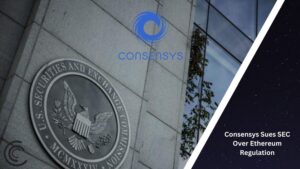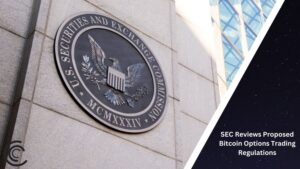Key takeaways:
- BlackRock’s CEO outlined the advantages of digital assets and lamented the absence of innovation in developing countries like the United States.
- He commended the tokenization of asset classes, particularly for its potential to increase capital market efficiency.
The possible advantages of digital assets and tokenization for the asset management industry were highlighted by BlackRock CEO Larry Fink in his annual chairman’s letter to the company.
During the previous year, the company had taken an interest in several topics that had become increasingly important to them, including digital assets, in the letter, which was released on March 15. Despite the catastrophe surrounding FTX, Fink noted that interest in these assets has continued to grow over the years.
BlackRock, one of the most prominent asset managers in the world, presently oversees assets worth about $8 trillion. The technology underlying these innovations in digital assets, according to Fink, could have some exciting uses in the asset management sector.
Beyond the hype, intriguing developments, according to him, are taking place in the area. He emphasized, in particular, the “dramatic advances” in digital payment methods that support financial inclusion in several developing nations, including India, Brazil, and Africa. However, developing countries do not innovate at the same rate as developed markets, according to Fink:
“By contrast, many developed markets, including the U.S., are lagging behind in innovation, leaving the cost of payments much higher.”
He praised the tokenization of asset classes, particularly for its ability to boost the effectiveness of the capital markets, reduce value chains, and increase investor accessibility and cost.
Additionally, Fink talks about the financial benefits of the energy transition, the need for businesses BlackRock invests in to disclose their climate change-related risks and possible financial consequences of extreme weather events. The letter stated:
“For years now, we have viewed climate risk as an investment risk. That’s still the case,”
Without ignoring the dangers or the need for regulation in the cryptocurrency industry, he concluded by saying that the business would like to continue investigating digital assets in the future.
Fink has previously discussed decentralized money in his writing. He said that the FTX Token was to blame for FTX’s demise because it goes against “the whole foundation of what crypto is” after the exchange’s demise. But during the same discussion, he openly referred to the blockchain and cryptocurrency’s underlying technology as revolutionary.











